Today we take a look at the five winning images from the February 2012 MBP Assignment, on the theme of “Intimate Landscape”. Again, although it was rather a difficult theme, we had an amazing turnout for this assignment, even beating January which was great too! Thanks to all of you that got involved and uploaded your images.
So, let’s jump right in and take a look at the incredible winning images for the Intimate Landscape theme, starting with Bill Johnson’s wonderful image, Hidden, and here’s Bill’s back-story.
Wow! There are many fine photographers in the Martin Bailey community, so I am deeply honored to place in the intimate landscapes competition for the month of February. This is my first time to place. Thanks to everyone who voted for this photo!
My photograph entitled “Hidden” was made at Seven Falls in North Central Alabama, USA. Even in the States, Alabama is often overlooked when it comes to a place of natural beauty. I have read that Alabama has more than 1700 waterfalls. Most of these would be small by any standard. These falls mostly occur as the Appalachian Plateau ends and the many streams and rivers drop into the piedmont area.
I was on a trip from the Gulf Coast where I live to Nashville, TN, and looked to see if there was a waterfall close to the Interstate highway. I found gps coordinates for Seven Falls in rural Morgan County, Alabama, not more than seven miles from the interstate. It was high in the hills and by the time I arrived at the creek there were nothing but dirt roads. There had been about three days of steady rain and it was still cloudy the day I arrived. The winter weather has been unusually warm in the southern US, and even in early February some of the trees were beginning to leaf out. The hike to the falls was easy, and the hike down into the canyon was easily accomplished. It was a beautiful area with a mature mixed hardwood forest.
Because my wife was with me I knew I wouldn’t have a great deal of time to make a photograph. Frankly, I was amazed at the beauty of the falls. Even though the falls is easily accessible if you know where it is, I found very few photographs or comments about it online. For this shot I put my tripod on a boulder so the upper cascade of the falls is easily seen. It was cloudy but I still used a variable neutral density filter set as dark as possible. The Tokina 11-16 was set at f19 for maximum depth of field with sharpness, and 16mm allowed a wide angle in this relatively intimate space. These settings provided an 8 second exposure in the middle of the day which provides the silky moving water of the falls.
Composition is important to me. For me, this photograph moves from the bottom right tree through the monolithic granite boulder at the base of the falls and back to the upper right with the movement of the water. While I am pleased with the overall presentation, the greens, especially those of the moss, popped just a bit brighter on the upload than they were meant to be (I’m not sure why that happens). While this brilliant green mossy covering is everywhere and really adds visually to the appeal, imagine a shade or two darker. The reds in the canyon wall and all the other colors in the scene appear as my eye saw it. It is a stunningly beautiful place. One other note about this falls–the water goes underground at this pool. I didn’t try to find its reappearance but it was at least as far as the eye could see.
I end with a special thanks to Martin. I’ve been listening to your podcast since about #100, and have learned a great deal from your photographic journey. More than anything, you’ve been an inspiration. I wish you continued success and good health.
Thanks so much for that message at the end there Bill, and thanks so much too for getting involved in the Assignment, with such a beautiful image too. You probably already know that I’m partial to a good waterfall shot too, and this is certainly one of them. What an amazing back-story too! It’s intriguing that the water goes underground right from this pool.
I love the colors as you say, with those bright greens and beautiful reds. Great use of the Vari-ND for the long exposure, and I like the composition too. For me, my eye is led into the shot with the smaller rock in the left third, up into the falls with the aid of the large rock in the middle, and then up the tree, where I start to explore the red rock face to the left, then over to the right side, and back up into the image with the leading lines of the two trees on the right. It’s always a good thing when your compositional elements lead the eye back into the shot to continue exploring. Well done Bill, and congratulations on fifth place.
In fourth place we have Colin Michaelis, with Individually Sculptured, and here’s Colin’s back-story.
Thanks to those who voted for my picture, “Individually Sculptured”. I am delighted and honored to join the other placed entries. Congratulations to all of you and particularly to Seearbudd for the winning entry.
This is my first entry to the MBP Assignment. I decided recently that I needed the challenge of working on an assignment as I had fallen into the rut of taking mostly the same images – broad landscapes and birds. The first time out, the assignment achieved my goal, and got me looking at the world differently. The idea of an intimate landscape did not often cross my mind before, now I think it will be a regular element of my photography.
I went to the Chicago Botanic Gardens, which are magnificent year-round. The Japanaese garden, Sansho-En, at the Gardens, is on three islands. I was viewing the garden this time, less as a grand landscape (which it really is), but focusing more on its component parts like a bright yellow willow tree, the rocks in the lake, or rounded stones on the shore. This change in focus was caused directly by this month’s assignment. So instead of putting on a wider angle lens, I actually put on my Bigma (Sigma 50-500mm) that I normally use for bird photography.
One of the elements that really caught my eye, like never before, was the sculptured or styled trees – mostly pines – at the Garden. This one (I think a Scots Pine) had a striking profile and with the ice of the frozen lake as a wonderful backdrop, really stood out as a feature on its own. My composition choice was to limit the frame to one tree and then limit it even more to just part of the tree and include a lot of the stark frozen lake, partly getting the environmental context – that wintry feel, but also providing a great contrast to the rich hues of the branches and the needles. That contrast, I felt, really made the tree pop and draw the eye to the intricate carefully pruned branches. The picture was taken with my Nikon D90 with the Sigma 50-500mm at 240mm focal length for this shot.
Special thanks to Martin for his helpful blogs and podcasts. I particularly appreciated this assignment forcing me to look at landscapes entirely differently this month. I look forward to the next assignment challenging me to think differently and step even more out of my comfort zone.
I’m so pleased that this assignment got you thinking in a different way Colin, and possibly even changed how you’ll approach your photography from now on. That’s exactly what I hope from these assignments, and I hope that those who haven’t yet really gotten involved are listening! 🙂
What a beautiful subject you found too! Unmistakably Japanese, and the frozen lake really does help to make the tree pop, almost like a traditional Japanese painting. At first I thought it was a flowing river in the background, and you’d used a long exposure like Bill to make the water smooth and silky, so it was fun to hear that it is actually ice.
I also like the way you chose to crop off the tree mid-way, and give us only a hint of it’s oriental, mistic form. Very well done Colin, and thank you for getting involved, and for the kind words. I’m looking forward to seeing more of your work in the assignments.
And in third place is Elise Ange, with The Color of WInter, and here’s Elise’s back-story.
Congratulations to Seearbudd and to the others who placed. There were so many great interpretation of the theme this month. Even though this was a very difficult one for this time of year, I learned a lot about this type of photography and found myself wishing for those cloudy days with the better lighting conditions. But the brown colors of winter made for many lackluster photos and nothing to submit for the theme. It was only one morning after one of the few light snows during the month that the opportunity presented itself in the woods next door.
Without the snow, this scene would have not have come together. It delicately defined the horizontal branches among the strong vertical trunks. After I had downloaded the shot, I was pleasantly surprised with the variety of browns and bark textures in the trees. This was only minimally processed and slightly cropped where the right-most tree trunk showed a small empty space. I found this theme very intriguing and will probably do more of it with the better colors of Spring. Thanks to Morton for his suggestion and to all of those who voted for “The Color of Winter”.
I totally agree that the snow made this shot Elise, it’s beautiful with the white adding so much contrast and outlining the trees and finer branches. I see what you mean about the various textures in the bark on the tree trunks too. It’s fun just looking at each trunk in turn, and appreciating the detail and pattern created on the surface of each. Excellent work as usual Elise, and congratulations on third place.
And in second place is Wythe Whiting with Untitled and here’s Whythe’s back-story.
What a great assignment and a strong showing of submissions. I’m really tickled to have placed in this month challenge. My backstory is pretty short. I went out to a small creek to see what kinda water falls it had. As it turned out, this was not the kinda place where you could set up and get a nice shot of big falls. So instead, I decided I’d try to move in closer to try and get some more abstract shots of rocks and water.
I found this nice rock with water sheeting off of it. I had an 8 stop and 3 stop nd filter on to slow the exposure to 10 seconds. I later learned that a 5 sec exposure gave exactly the same look to the water given how fast it was moving, so maybe a bit of over kill on the filters. I used a 25 mm lens and so the camera is only about a foot or two away from the “falls”. The black and white conversion was done with silver efex.
I really enjoyed this assignment and will be thinking of intimacy with my landscapes a lot more now. Thanks to all who voted for me.
Again, it’s great to hear that this assignment has you thinking more of intimate landscapes Wythe. I believe that many landscape shots can be improved a lot by getting in much closer, and examining the details, rather than automatically reaching for the wide angle. There are of course places for the sweeping vista, but close is often much more compelling in my opinion.
And once again, another great water fall shot. I love the tight composition, and the feel of the running water in contrast with the textured black rocks. A very nice black and white conversion here too. You gotta love Silver Efex Pro. Congratulations on a very well earned second place Whythe!
And in first place is Thomas Seear-Budd with In Search of Intimacy, and here’s Thomas’ back-story.
Firstly I just wanted to thank everyone who voted for my image. This is the first time I have entered one of these assignments and I am really suprised that I won. There are so many talented people who entered some truly amazing work in this assignment. Also I just want to say a big thanks for Martin for making this sort of interaction among photographers possible. You have formed a great environment full of education and learning.
The back story of my image is a similar to that which was posted with the photo. I went down to this site about four times before I got what I was after.
Whenever I go down to the South Coast (Wellington, New Zealand) to take photos, I usually spend about 2-3 hours sitting among the rocks, shooting and thinking. I have been down several times and while I’m there I always have at least one moment where I think about my Mum. Earlier this week I was taking photos down there, only this time I began to think more deeply. I began to think about my memories of Mum and the times we had together.
To fill you in, when I was 10 she died of cancer. She had suffered for eight long years, while caring for two small children and a loving husband. As I was only 10 when she died, my memories of her are not crystal clear. What I found interesting as I dived deeper into my thoughts was that these memories were mostly visual. I don’t remember sounds or smells as much as pure visual experiences.
For example, I remember the experience of going bike riding along the coast here with Mum. I don’t remember specific rides but I remember the feeling and sights. As I sat on these rocks I began to respect this place for how significant it is in my life and its importance to my mother. Due to its impact and meaning to Mum, this coast has more significance to me now than my nearby family home.
I remember her going off for walks down at the coast and she constantly wrote about it in her daily notes. At the time I never thought anything of this. But here I am ten years later, sitting on these rocks beginning to wonder why she came here and what she did. Or more importantly what she thought about. I think she came here to escape, to think by herself. To cry, yell, jump and run. I think she used it as an opportunity to think about my brother and I, as well as to worry and pray for my father.
I think she also contemplated about what we would become and reflected on her life and illness. I think this last point is very important because my Dad has told me that they rarely talked about the illness. He said that mum was in denial. She wanted to focus on her family and on the moments she had. This environment served as her escape and she formed an intimate bond with it. In doing so, this place has become a catalyst for my memories of her.
Over the past decade this landscape has enabled me to search for a more intimate relationship with my mother who I never fully got to know. To me, this image speaks of this on-going search for my mother. This may be a never-ending journey but one thing is certain, a greater level of intimacy will grow.
Thanks again everyone, I am honoured to be selected this month. I have only been seriously photographing for about 4 months, so this result is really satisfying.
Wow! Holy crap Thomas! If I hadn’t had a chance to think about what I would say right now, I’d be speechless, on so many levels. Your story about your mother and this place in heart-wrenching, and yet incredibly tender. I feel so sorry for you and your family, and all that you went through, and for your mother who lost the fight with that awful desease that takes so many.
Also, it sounds like you are only twenty years old, and having only been photographing for 4 months, and coming up with this! I cannot wait to see how you develop as a photographer, and really hope that you’ll hang around to share your progress with us.
You followed your post with the shooting information, that you used a sigma 10-20mm f3.5 lens, at f11 for 50 seconds, and that you wanted to use one point perspective to compose this image to draw the viewer into the frame to add to the idea of searching.
You accomplished your goal in the image, with the beautiful composition, dark corners and the water leading down through the rocks. Then the flowing sky from the long exposure brings us back up through the photo to come back down and start exploring again. It’s a masterpiece and classic image, after just four months of shooting. I’m sure you’re very proud of your work, and I’m sure that your mother would have been too. Well done Thomas.
Thanks once again to everyone that got involved in the February assignment. Whether you placed or not, I’m sure you all learned a little something from getting involved and giving this a try.
Tokyo Photowalk with Mark Esguerra
Also, I’m planning to take part in Mark Esguerra’s photo walk, starting outside the main gate at Shinjuku Gyoen at 1PM on Saturday April 7, which is this coming weekend. If you live in or around Tokyo or are visiting for the cherry blossom, it would be great to see you there! Here’s a link to the details on Google+ => https://plus.google.com/u/0/100377493270775536948/posts/J8muk7Rbddu
Audio
Subscribe in iTunes for Enhanced Podcasts delivered automatically to your computer.
Download this Podcast in MP3 format (Audio Only).
Download this Podcast in Enhanced Podcast M4A format. This requires Apple iTunes or Quicktime to view/listen.

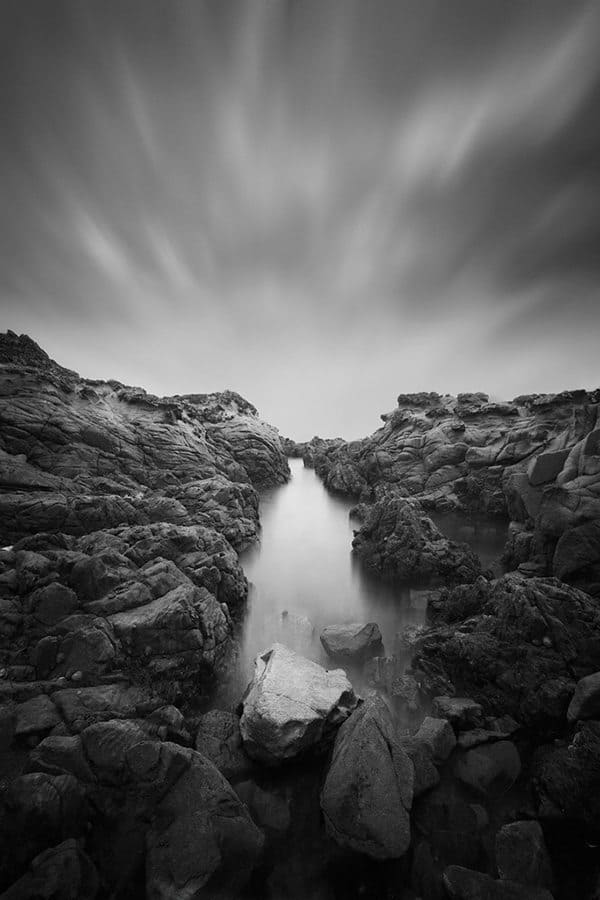
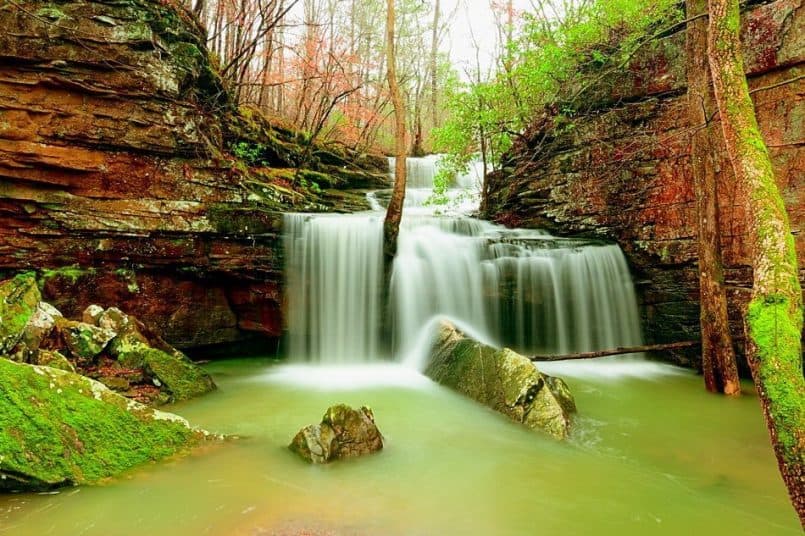
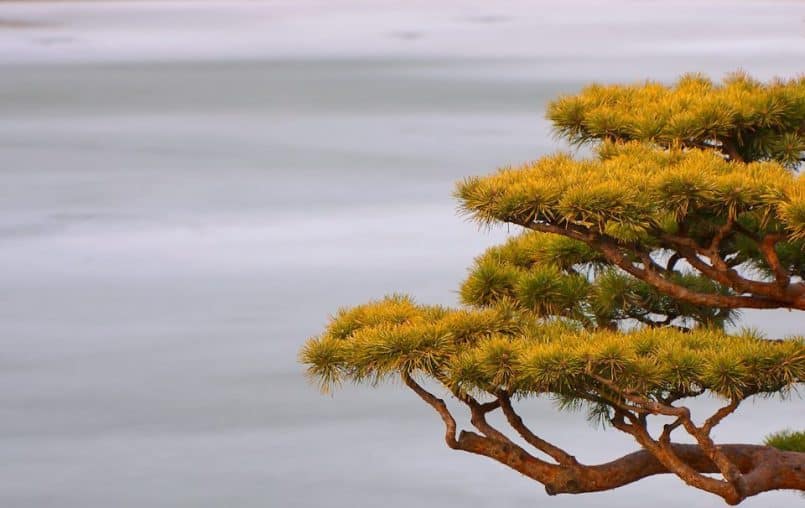
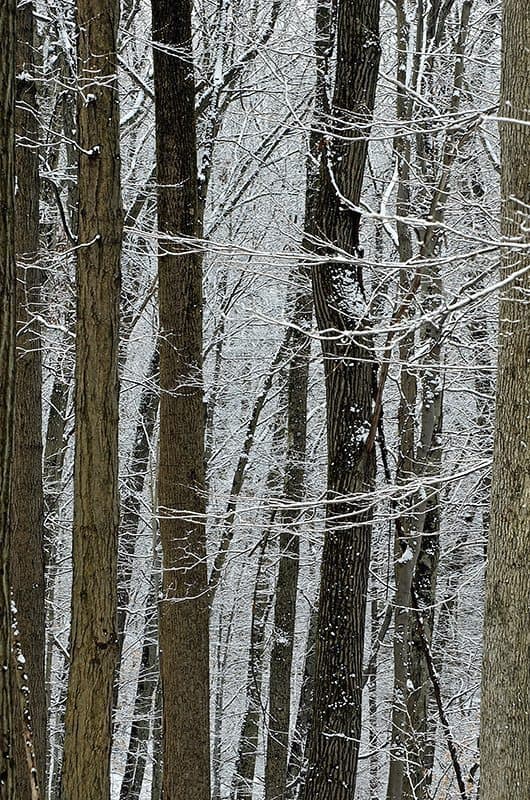
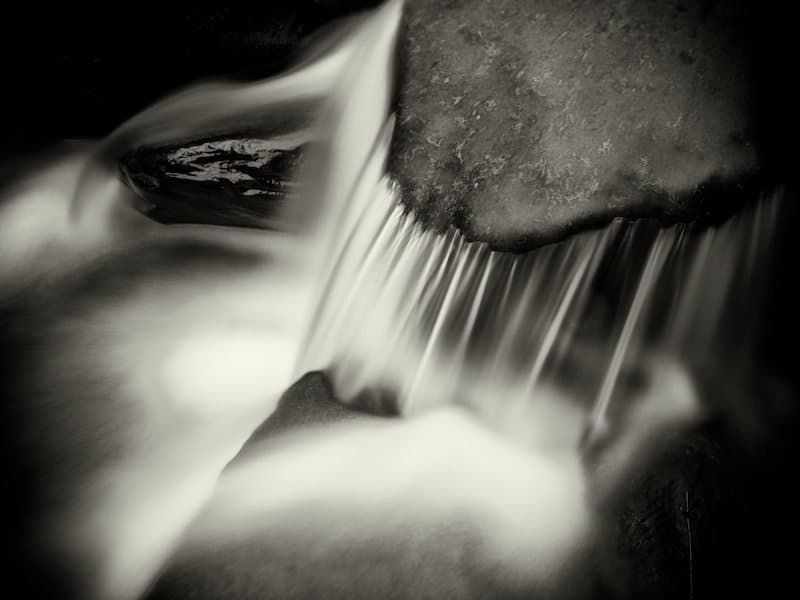

0 Comments